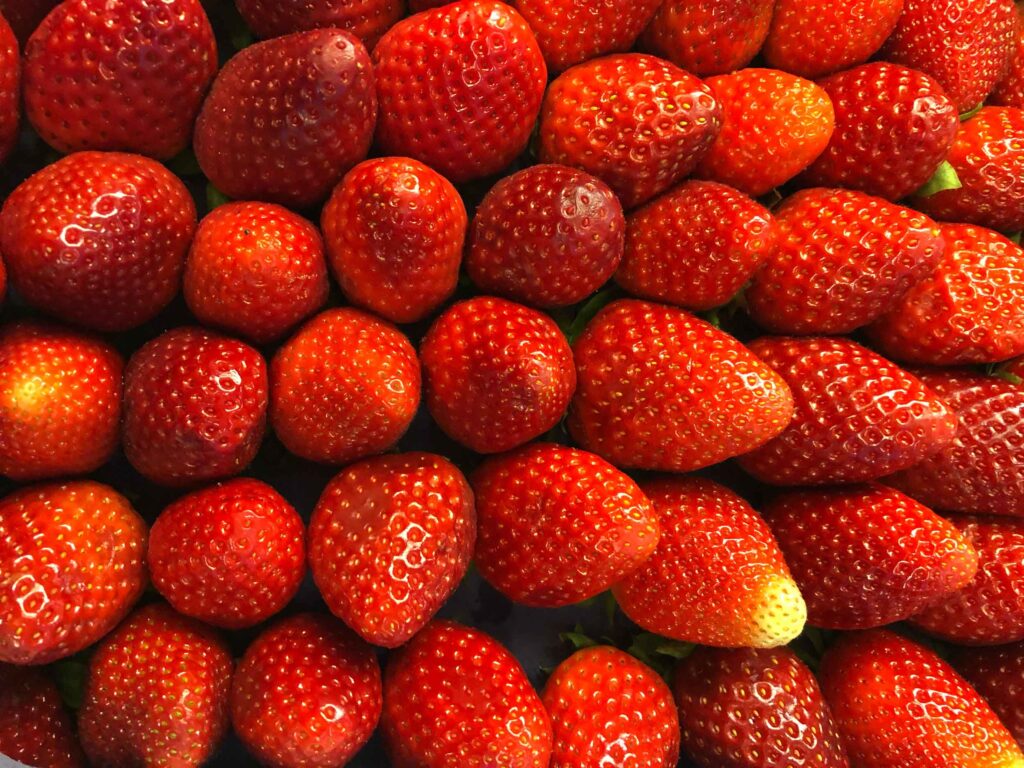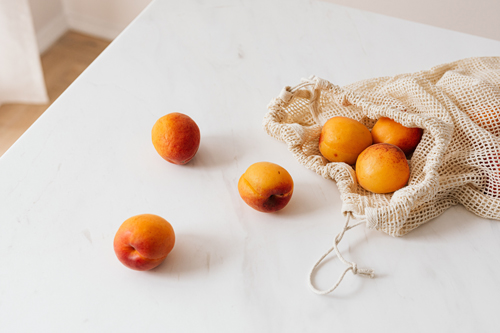#ZeroWasteWeek – A Little Guide to Reducing Food Waste
#ZeroWasteWeek – A Little Guide to Reducing Food Waste

What is #ZeroWasteWeek?
Welcome to #ZeroWasteWeek, the annual campaign that challenges us to focus on wasting less and support each other in our zero waste journey. Zero Waste Week was founded in 2008 by Rachelle Strauss to act against the environmental impact of climate change and now, over 80 countries get involved with the campaign each year.
We know that realistically, it’s impossible for us all to live a zero waste life but there are lots of positive changes we can make to help us along the way by focussing on reusing and reducing all that we can.
Being big foodies at Flower & White, we have started our own food waste journey by focussing on wasting less in the kitchen with this simple starter guide. If you have any suggestions of your own, we’d love to hear them!

1. Plan ahead
Before going food shopping, think about the meals you’ll be cooking in the week, the ingredients you’ll need to buy and what you already have in your kitchen.
Tip: Cook down your pantry. Start your menu planning by looking at the ingredients you already have and creating meals around these.
2. Be Realistic
Only buy what you can eat. Avoid doing big monthly shops as not only will this reduce food waste, but you’ll also be eating fresher food that hasn’t spent ages in the fridge!
Tip: Resist items on offer that you don’t need – it’s not a bargain if you won’t be able eat it!
3. Prioritise
Think about which of your ingredients spoil quickly — raw meat, fish, leafy greens and use them first. Keep things organised and don’t let forgotten food grow mouldy at the back!
Tip: When filling the fridge, arrange your food in order of freshness, keeping older items near the front, and newer, fresher products in the back.
4. Essentials
Keep your kitchen stocked with staple ingredients such as canned beans, rice and pasta. This way you’ll always be able to make use of fresh foods you have on hand.
Tip: Store dried grains, rice and pasta in reusable glass storage jars and if you can, refill from a packaging free, refill shop.
5. Leftovers
Who doesn’t love leftovers? It saves us money and time to cook a new meal. The freezer is also your friend for when you make too much. It doesn’t stop there, why not take home leftovers when you eat out too? Even if you can’t eat the leftovers, you can add them to your compost bin to keep the food out of landfill.
6. Keep food fresher for longer
• Don’t wash vegetables before storing.
• Store dairy items in the coolest part of the fridge (the back of the top shelf).
• Cut off the tops of root vegetables to extend shelf life (you can use these greens in pestos, salads and smoothies).
• Store foods that emit ethylene gas (such as bananas, apples, bananas and tomatoes) by themselves as the gas makes other foods spoil faster.
7. Share it
If your freezer is fit to burst and you’re sick of pickling and preserving your excess fruit and veggies, why not share extras with family, friends or a local food bank? Feel good knowing you’ve prevented food going to waste and helped someone out with what you don’t need.









